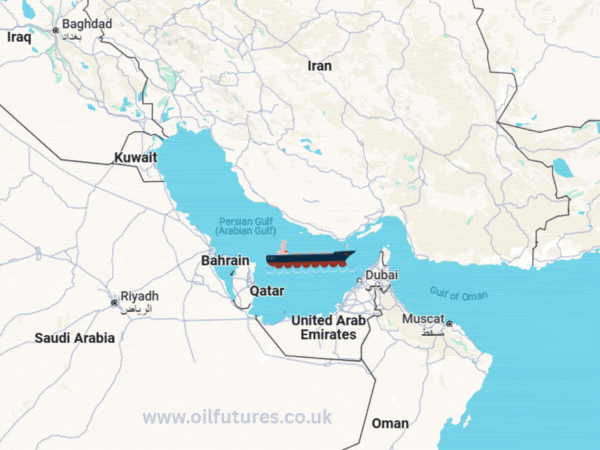Following a US strike on Iranian nuclear facilities, reports indicate that the Iranian parliament has approved closing the Strait of Hormuz in retaliation against its long-standing adversary, the United States. However, the final decision rests with Iran’s Supreme Security Council and, ultimately, Supreme Leader Ayatollah Khamenei, according to a few other reports from Iran.
Despite the parliamentary approval, economic and political analysts largely believe Iran is unlikely to take this drastic step. Several factors weigh against such a move: Iran itself relies on the Strait of Hormuz for its oil exports, and key Iranian allies, like China and India (the world’s second and third-largest crude oil consumers, respectively), also depend on the Strait for their oil imports.
From a military standpoint, even if Iran were to attempt a full closure, the US Navy’s 5th Fleet possesses the naval assets to likely render such a move unsustainable. Analysts suggest that Iran might instead opt for disruption rather than a complete blockade, a tactic it has employed in the past.
The Strait of Hormuz is a critical chokepoint, with over 20% of the world’s crude oil and one-third of the world’s liquefied natural gas (LNG) flowing through it. Any significant disruption would inevitably lead to spikes in both oil and gas prices, which have already been steadily rising since Israel’s airstrikes against Iran on June 13.
A complete closure of the Strait would not only escalate the current conflict but also broaden its scope. Even Arab countries that rely on oil and gas revenues would be compelled to react, potentially condemning the Iranian actions, even if they have historically maintained ties with Iran.






